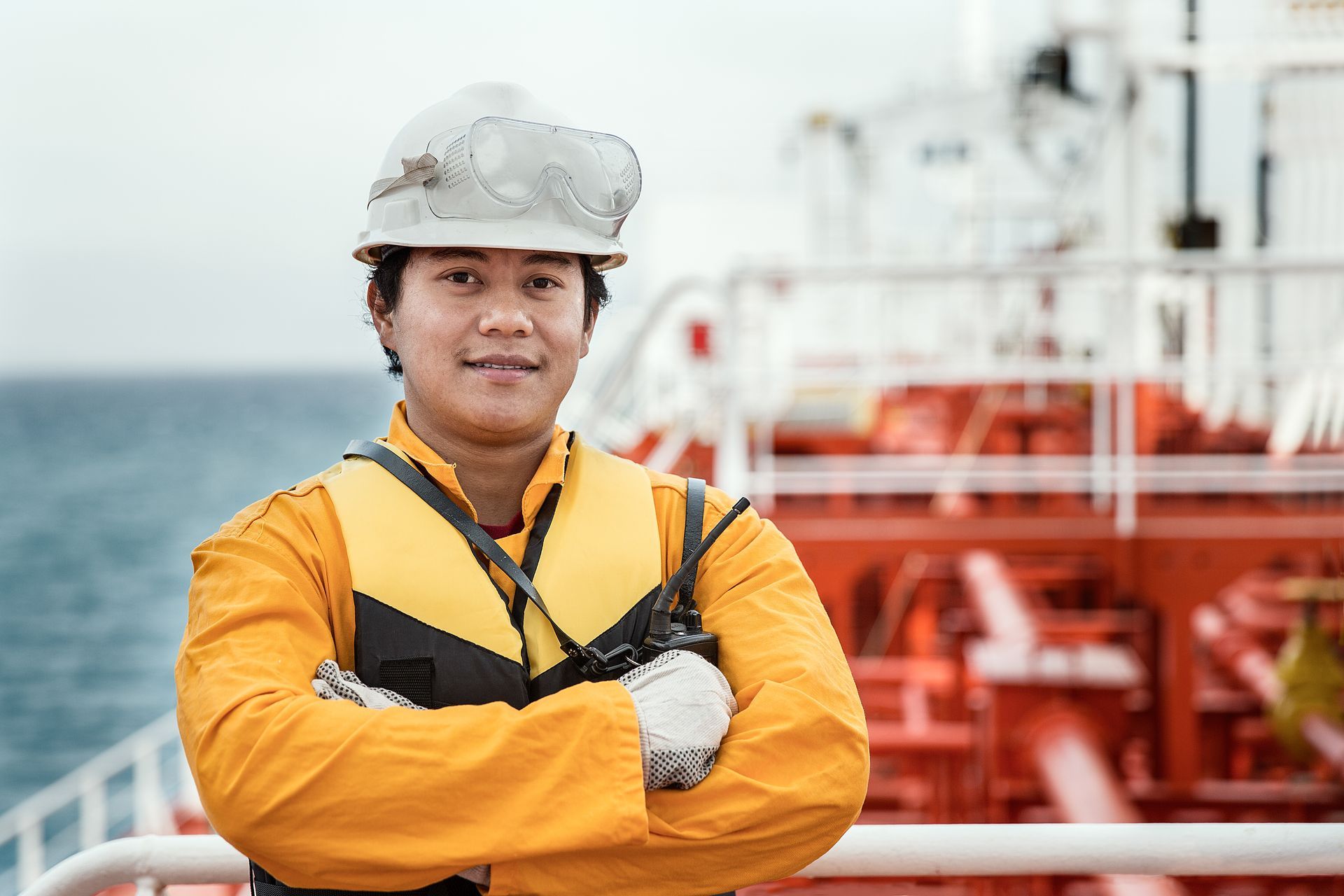offshore RENEWABLES
To support the transition to a sustainable future, it is crucial to harness clean energy from the oceans, such as wind, wave, and tidal energy. These technologies hold the promise of reducing our reliance on fossil fuels and minimising our environmental footprint. However, this creates its own problems. Offshore wind turbines, for example, are reaching the end of their operational life, posing challenges in dismantling and disposing of them safely and sustainably.



Achieving this goal involves collaborating with industry stakeholders, governments, and technology providers. As the Centres carry out their work, they will be scoping out in detail their particular needs in this sector. This could be looking at how best to reduce carbon emissions, enhance the safety and efficiency of offshore operations, and create a cleaner and healthier marine environment. Offshore energy production must be secure, affordable, and environmentally friendly to contribute significantly to the global energy transition. And there must be interdisciplinary, collaborative approaches to enhance safety and sustainability in the decommissioning process.
It is also essential to invest in research and innovation to improve these technologies and overcome any challenges they may present. This includes ensuring that offshore energy projects are designed with safety in mind, protecting both workers and the marine ecosystems in which they operate. The Foresight Review on Ocean Safety (hyperlink) emphasises the importance of new approaches to ocean engineering that minimise harm and offer long-term benefits for global safety and sustainability.





